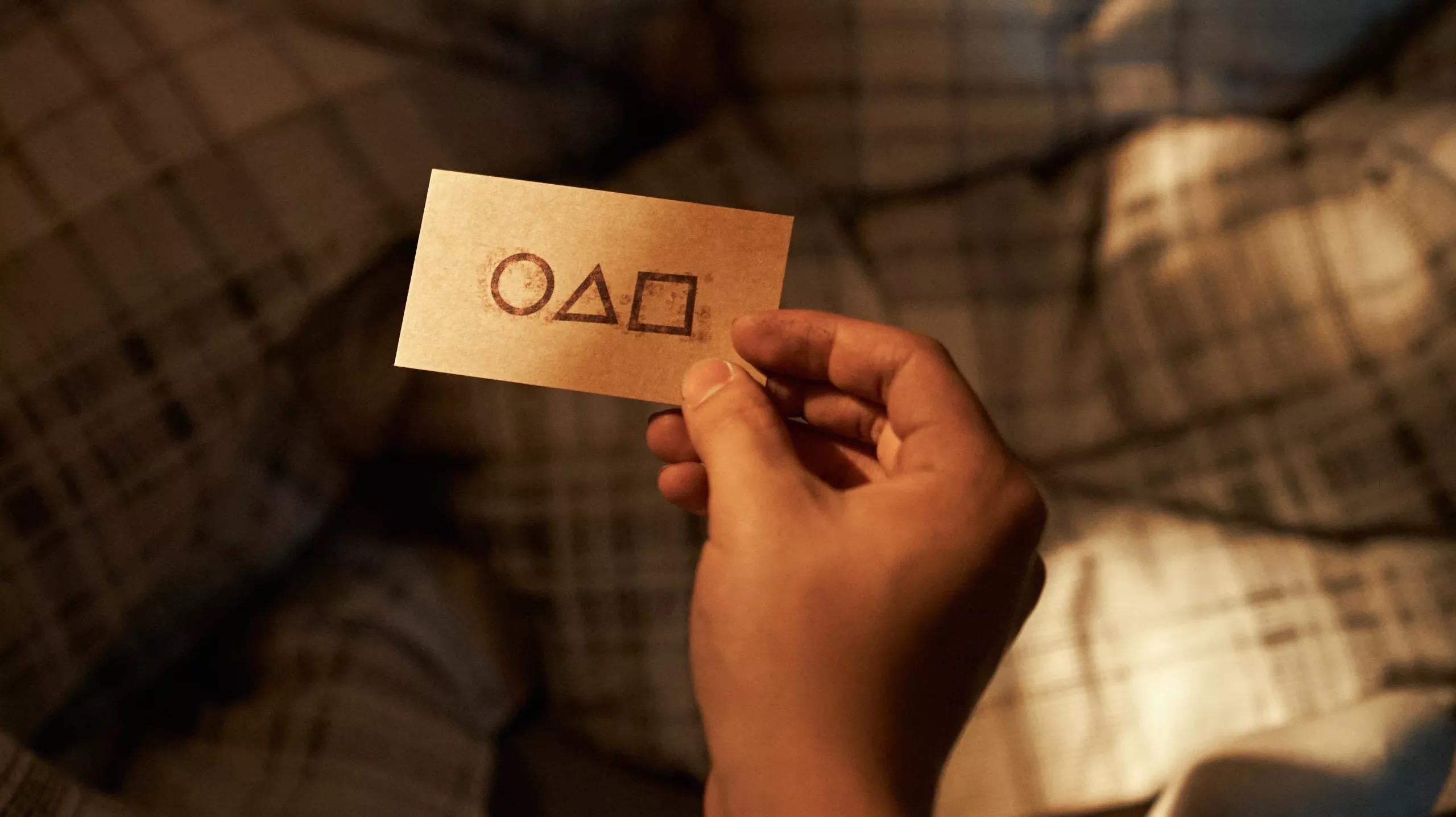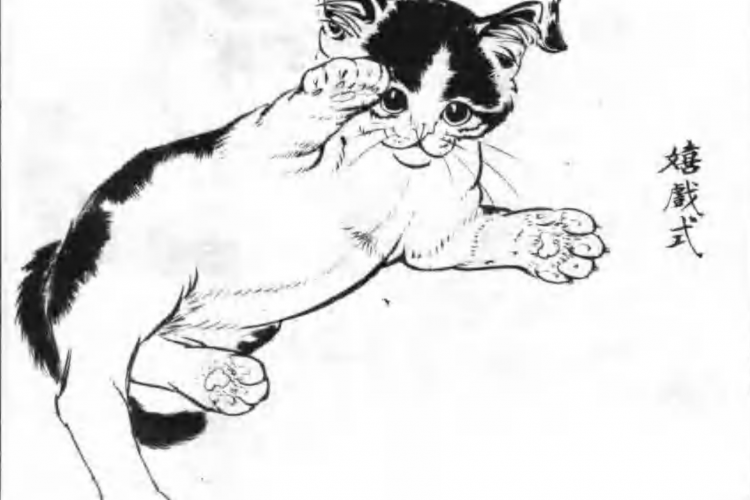Mandarin Monday: What Would Squid Game Look Like if it was Held in China?
A cruel game show capitalizing on the hopelessness of the poor in order to entertain the upper classes is a theme that's been somewhat exhausted by cult films and Japanese anime. However, Korean director Hwang Dong-Hyuk has still managed to cleverly adapt this stucture into a twisted fable about capitalism that draws on contemporary Korean social issues but which maintains a universal tone for global audiences in the hit Netflix series Squid Game.
A major draw for viewers is the show's premise: people from all walks of life with a debt hanging over their heads are forced to play children's games like tug-of-war or red light green light, with losing a game meaning you'll lose your life.
This got me thinking, what kind of games would people play in such a game if it existed in China. And, of course, what sort of gory punishments would befall anyone who loses?
打沙包 Catch the Pouch

This game is like a cross between dodgeball and catch. Participants are split into two groups for this game. In a small open space, one group, the "pitchers", must throw small pouch-like things to members of the other group, whom we'll call "dodgers". The dodgers have to catch the pouchers with both their hands without it touching any other part of their body. If they can do this, they get an extra life, but if they don't, they are out. When the last dodger remains, the two teams switch for another round.
Punishment:
Whichever team takes more throws to strike the other team's dodgers loses.
Or, to make it faster and bloodier, once they've caught a pouch, the dodger can throw it back to the pitcher for them to catch. Instead of rice or sand, though, the pouch would be filled with explosives, meaning whoever fails to catch one will quickly bite the dust.
踢毽子 Shuttlecock

In this traditional Chinese game that can be dated all the way back to the Han Dynasty, the shuttlecock we're referring to here isn't one you'd see while playing badminton, but instead a cluster of colorful feathers restrained at the base by a coin-shaped metal and rubber base with a hole in the middle. There are many variants of the game, but the most common rules require participants to kick the shuttlecock in turns, and whoever lets the shuttlecock land on the ground automatically loses.
Punishment:
Whoever loses with be decapitated, and in their head(s) will take the place of the shuttlecock in subsequent rounds.
滚铁环 Hoop Rolling

This game was once prevalent in China throughout the 60s and 70s. Pleayers use iron bars with a slightly curved head to push an iron hoop forward on level ground. It might sound pretty easy, but keeping the hoop balanced and moving in a straight line is no easy feat. There are many ways it can be played: one method is seeing how far someone can guide the hoop without letting it fall, while another involves racing the hoops to a finish line.
Punishment:
All losers get rolled over by a giant iron hoop.
跳皮筋 Rubber Band Dancing

Two players stand about 3 meters apart from each other while keeping a rubber band stretched but still flexible. The rest of the participants need to jump in and out while the rubber band is held at the ankles, spinning in circles while singing nursery rhymes. The rubber band is raised higher and higher, and players who let their legs touch the rubberband are out
Punishment:
Here, instead of a rubber band, its a razer sharp wire ring. When a player fails to complete a move or they dance in the wrong order, they'll be cut by the wire.
抓拐 Catch the bones (Gachuha)

This game originated in Manchuria and spread throughout China during the Qing Dynasty. You need a set of four bones, usually lamb's ankle bones, and an ideally soft pouch, to play the game. First, one player need to throw all the bones onto a table or on the ground, then toss the soft pouch high into the air. While the pouch is still airborne, players must attempt to collect as many bones as possible in one hand, and then try to catch the pouch with the same hand. In some more challenging versions, players need to discern which side of the bone is facing up, and can only collect bones with the same side up.
Punishment:
Each dropped, mistakenly collected bone will result in one bone fracture in a random part of the player’s body
Think you have what it takes to survive a Chinese Squid Game?
Read: The Red, The Yellow, The White, The Willow, Four Spirit Animals of Beijing
Images: Tencent, Qianlong, cnBeta, Wantubizhi, Xuehua News







